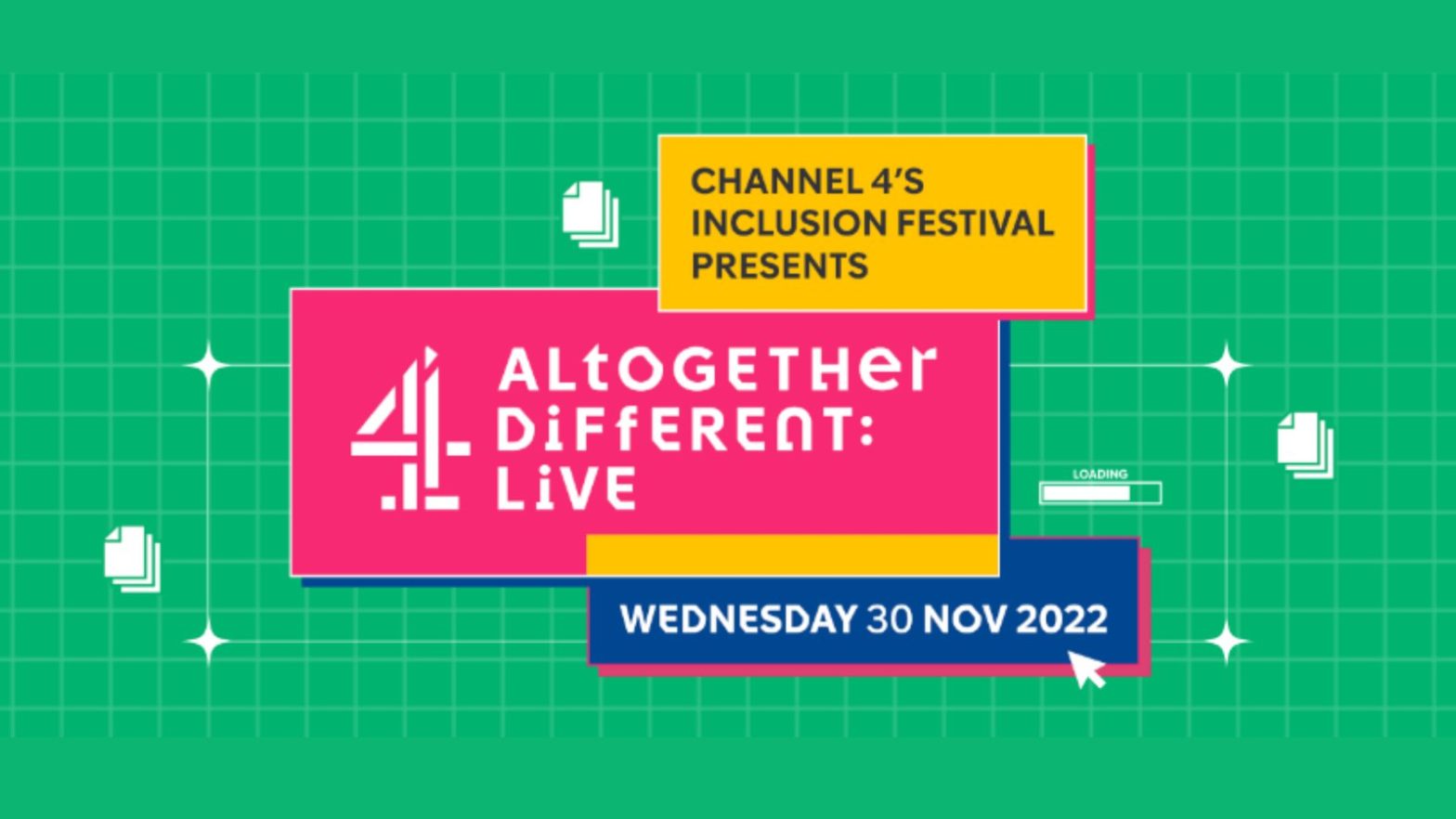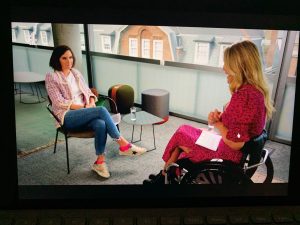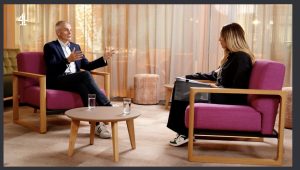
* Channel 4’s annual inclusion festival ‘Altogether Different: Live’ took place last day (30) with major broadcasters making keynote speeches.
* Alex Mahon (CEO, Channel 4), Carolyn McCall (CEO, ITV), Maria Kyriacou (President of Paramount Australia, Canada, Israel, and the UK) & Tim Davie (Director General, BBC) spoke at the Festival.
* Diverse personnel required at the top level to make British TV more inclusive, and call for more ethnic minorities to be in programmes.
BRITAIN’S top TV executives agree more needs to be done if the industry is to be inclusive in the way it should be.
All the UK’s main channel heads addressed Channel 4’s annual Inclusion Festival, ‘Altogether Different: Live’ as part of a virtual day focusing on equality, diversity, and inclusion.
The Altogether Different: Live event featured interviews and panel discussions on a variety of subjects, such as the issues faced by disabled talent and the media portrayal of Muslims and the transgender community.

Channel 4 chief executive Alex Mahon discussed the importance of off-screen diversity, saying: “I think it’s easier to fix offscreen than on-screen. It’s very visible. You can measure it easily, we’ve got schemes to do the measurement, so I think we’ve been going down that road in the UK for some years. I think, what’s much harder, because we can’t see it as easily, is to do that off-screen representation. It’s what changes our industry over time. It’s what changes how people make decisions on-set, it changes the creative, and it changes the tenure of the editorial conversation.”
Tim Davie, the director general of BBC, emphasised the significance of organisational reform, saying: “Diversity is an absolute priority for the BBC. We have plans in place to reshape our organisation to ensure we truly reflect the public we serve – both on and off-screen.

The BBC is playing a leading role – stepping up our commitment to rapidly increase diverse representation at senior levels as well as our £112m Creative Diversity Commitment – the biggest financial investment to on-air inclusion in the industry. We are working hard to deliver change.”
Channel 4 chief content officer Ian Katz said: “Our industry has finally woken up to the scandalous lack of access afforded to disabled talent. Our session is a sharp reminder that broadcasters, streamers, and producers need to work together to fix this shameful situation.”
Speaking on the panel on difficulties hiring disabled talent Caroline O’Neill, the co-director of Deaf & Disabled People in TV added:
“We need disabled people in those senior level roles and that will have a trickle effect because at the moment, most disabled people, they enter the industry, they look up and they’ve got no senior role models.”
Kate Phillips, director of Unscripted BBC, said: “That patronising thing where people think we have taken a risk by having a disabled person in that role. Nonsense! The risk is not having really talented people on shows with authentic voices.”
Carolyn McCall, the CEO of ITV, emphasised the value of increasing diversity in senior management and the company’s efforts in providing opportunities for people from ethnically diverse backgrounds through its Amplify scheme.
Krishnan Guru-Murthy, the chief anchor of Channel 4 News, delivered a keynote address. He questioned: “Are we really happy to just live with the idea that the gatekeepers may never truly reflect the audiences they serve?”
A touching memorial to Jamal Edwards MBE, the British music entrepreneur and founder of SB.TV who passed away earlier this year at the age of just 31, was also a part of the event.